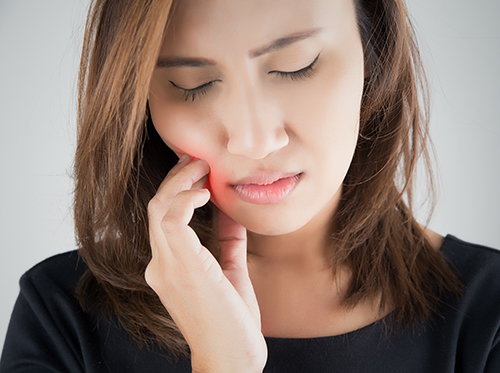Make Your Smile Dazzling For Your Wedding!
February 23rd, 2022

Planning a wedding can be a highly stressful time. Dr. Kirk Fishbaugh and our team want to support you in this process by helping you achieve a beautiful, bright smile. Wedding days entail a lot of photographs that will last a lifetime. We know how crucial it can be that you have a smile that makes you feel confident throughout this memorable day.
Whether you’re the bride or groom, a member of the wedding party, or just a guest, a teeth-whitening treatment from Dr. Kirk Fishbaugh can give you extra confidence. Even when you’ve made the proper effort to keep up your oral health routine, staining still can appear on your teeth from foods and beverages over time. You can do several things to make sure your smile is in top shape before a wedding.
Our in-office whitening treatment is a good option if you’re looking for an investment that can last. If you’ve tried whitening kits on your own, you may have noticed they have to be used frequently to maintain the bright smile you desire.
Professional whitening treatments done by Kirk Fishbaugh Dentistry are quite comfortable and have long-lasting effects. You can also use whitening toothpaste and mouthwash to keep your teeth bright between in-office whitening treatments.
Our staff can also provide helpful advice on how to avoid staining between your whitening treatment and the big day. If you’re concerned that you may have to hold back your smile on your wedding day or some other pending event, contact our Green Bay, WI office and ask about our whitening treatment options.


